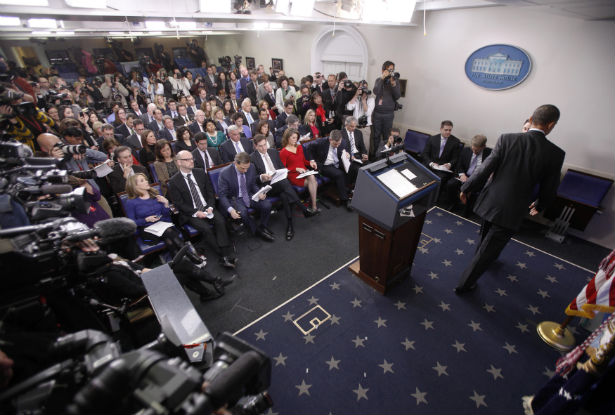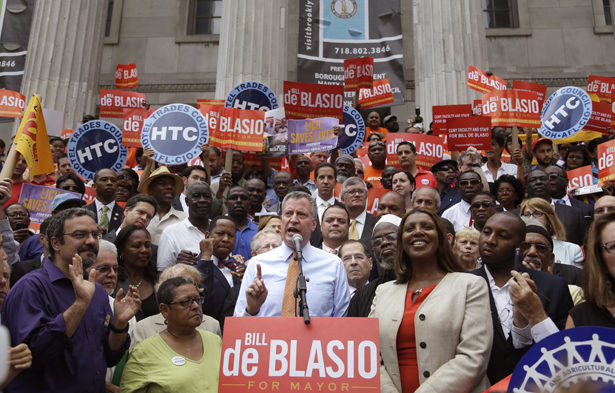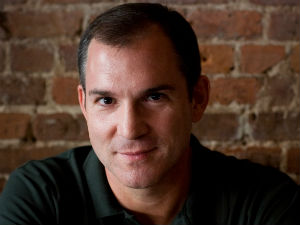
‘Dissent’ and the Center for American Progress: Liberalism’s Bullpen ‘Dissent’ and the Center for American Progress: Liberalism’s Bullpen
Two critical institutions of American liberalism just celebrated birthdays. Here’s wishing them many happy returns.
Oct 30, 2013 / Column / Eric Alterman

How to Write About Rape: Rules for Journalists How to Write About Rape: Rules for Journalists
A woman in the US is raped every two minutes; journalists need to learn how to talk about that appropriately.
Oct 25, 2013 / Jessica Valenti

White House v. Watchdogs White House v. Watchdogs
A damning new report by the Committee to Protect Journalists raises alarm about the press under Obama.
Oct 16, 2013 / Zoë Carpenter

A Grim Report on Press Freedoms Under Obama A Grim Report on Press Freedoms Under Obama
An investigation by the Committee to Protect Journalists concludes that the president has presided over an unprecedented campaign to control the media.
Oct 10, 2013 / Zoë Carpenter

A Progressive, Pro-Labor Party Blooms With de Blasio A Progressive, Pro-Labor Party Blooms With de Blasio
If Bill de Blasio wins the NYC mayoral race (and he will), expect to hear more from the Working Families Party.
Oct 9, 2013 / Leslie Savan

Label Inflation in the NYC Mayoral Race Label Inflation in the NYC Mayoral Race
De Blasio has now been called a progressive, a communist and a fiscal conservative.
Oct 7, 2013 / Leslie Savan

Marshall Berman: All That Is Solid Melts… Marshall Berman: All That Is Solid Melts…
Liberals honor a great public intellectual—while the editor of Commentary compares him to a Nazi.
Oct 2, 2013 / Column / Eric Alterman

Happy 50th Anniversary, IPS! Happy 50th Anniversary, IPS!
For half a century, the Institute for Policy Studies has been an invaluable font of progressive ideas and action. We look forward to the next half-century.
Sep 25, 2013 / The Editors

Frank Bruni, the Plutocrats’ Pundit Frank Bruni, the Plutocrats’ Pundit
All too often, the most prestigious perch in journalism—the New York Times op-ed page—is given to those who flatter the powerful.
Sep 18, 2013 / Column / Eric Alterman

Flawed Media Shield Law Goes to the Senate Floor Flawed Media Shield Law Goes to the Senate Floor
Intended to protect journalists who are compelled to reveal confidential information, the "Free Flow of Information Act" may not shield the reporters who ...
Sep 13, 2013 / Zoë Carpenter
